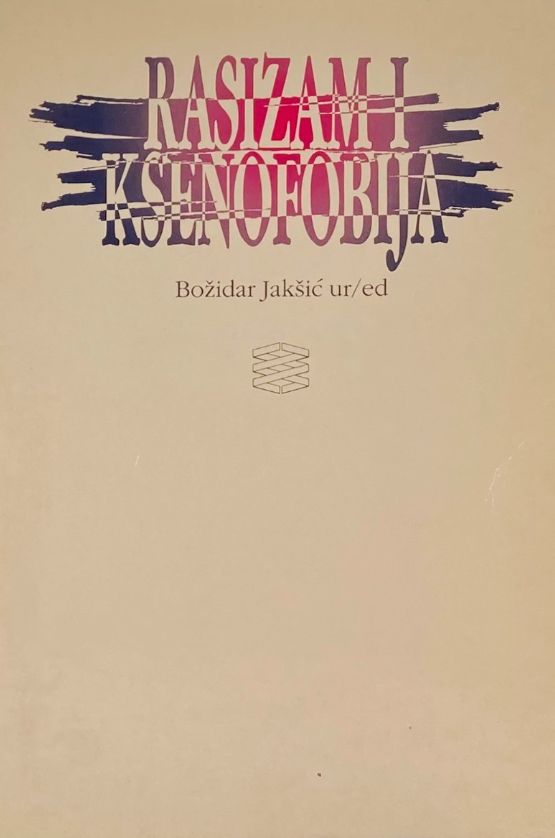IZABRANI NARODI - STRAH I SAMOĆA
CHOSEN PEOPLES - FEAR AND SOLITUDE
Author(s): Branka Prpa
Subject(s): Politics / Political Sciences, Social Sciences, Language and Literature Studies
Published by: Foruma za etničke odnose
Keywords: nationalism; chauvinism; humanism; identity; ethnic cleansing
Summary/Abstract: Nation, as a new kind of religion in modem Europe, actualized some old, almost archetypal, perceptions of human communities. At stake is the idea of particularity, or, more to the point, of „being a chosen people", which resulted in racist and chauvinistic conceptions as the starting points of nationalistic ideological systems. In other words, almost every European nation became a community worthy of adoration which can inspire the deepest loyalty and readiness for the most selfless sacrifice among its members. The universal conception of human beings and their world as a proclaimed and accepted humanist ideal, was allowed to become its own parody -- xenophobic, narrow minded, racist and chauvinistic praxis. In the process of constant questioning of identities in the tradition of universal ideals of humanism, and in the tradition of archetypal, irrational, atavistic founding of communities, Yugoslav peoples found there place in nineteen and twentieth century. Most of all, Serbs and Croats, which entered the Yugoslav community as two strongest integral parts. It is shown in the experience of both Yugoslavia, that the idea of superiority and the consequent idea of hegemony rights, quickly and easily turned into chauvinistic and nihilistic ideology of destruction. The claim that life side by side was impossible for different Yugoslav nations was confirmed in the experiences of the Second World War, an it was reiterated in the praxis of ethnic cleansing as a state building concept on the ruins of Yugoslavia.
Book: Interkulturalnost versus rasizam i ksenofobija
- Page Range: 109-115
- Page Count: 7
- Publication Year: 1998
- Language: Serbian
- Content File-PDF

